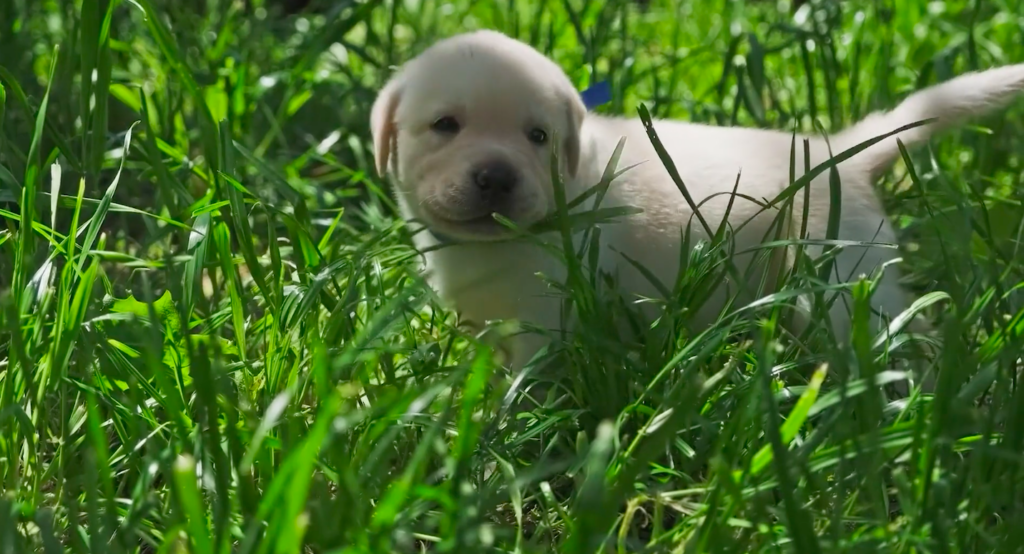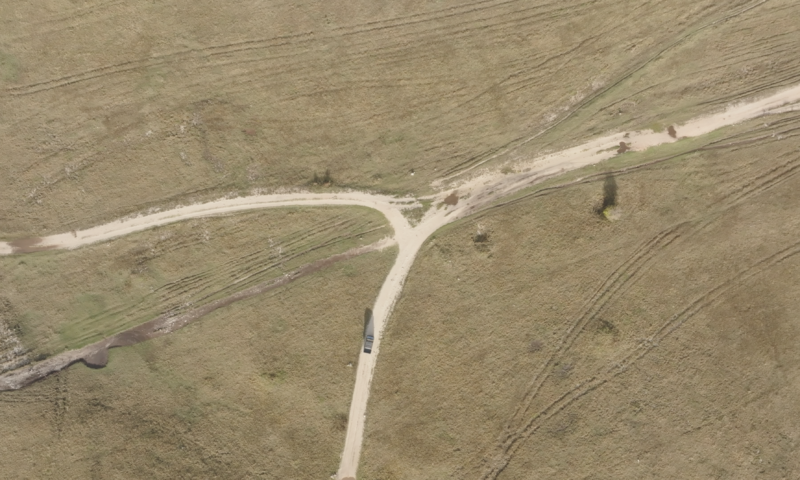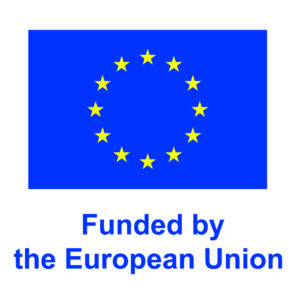This story was originally published by Belga News Agency.
The booming online trade in puppies is not just making it easier to buy pets. Zucca, an Italian vet and psychologist, says the risk of introducing zoonoses – diseases that can be transmitted from animals to humans – into Western Europe has never been greater, making the trade a practice that could have profound public health implications.
“In 2017, around 80 per cent of puppies were transported in overcrowded vans, while only 20 per cent crossed EU borders in private cars. Today, we see the exact opposite,” he says. “The majority of dogs are now crammed into the boot of private cars, making it even more difficult for authorities to intercept them.”
Criminal practices
Dogs for sale online are often less than 15 weeks old, the age at which dogs are usually vaccinated against rabies. However, many of those sold online are unvaccinated. Zucca says that despite the pandemic, many people underestimate the dangers of zoonoses, such as parasitic diseases and rabies. These diseases affect other animals and humans, and threaten wildlife ecosystems.
“What people, and sometimes even decision-makers, also underestimate is the scale of the illegal online dog trade, which is no longer just a European problem but a global one. We are dealing with transnational organised crime, with organisations developing clever strategies to make as much money as possible,” says Zucca. “Criminal networks increasingly hide behind these online ads.”
Ukraine
Criminals are also taking advantage of the war in Ukraine by sending animals from other countries to the war zone to be whitewashed. “They are then given the status of ‘Ukrainian pets’ and sent to EU member states,” says Zucca.
As the dog trade grows, it becomes more difficult to combat illegal practices. The European Commission’s Rapid Alert System for Food and Feed (iRASFF) may be able to address the issue. This system, initially designed to report food safety problems within the EU, now offers the possibility of registering cases of illegal pet trade.
“It’s important that the relevant authorities, including the veterinary services in each EU member state, make use of this new feature of the iRASFF,” says Zucca. “It increases the visibility of the problem and puts pressure on pet traders. Negative publicity leads to loss of income. It also raises awareness among citizens and prevents further animal abuse.”





